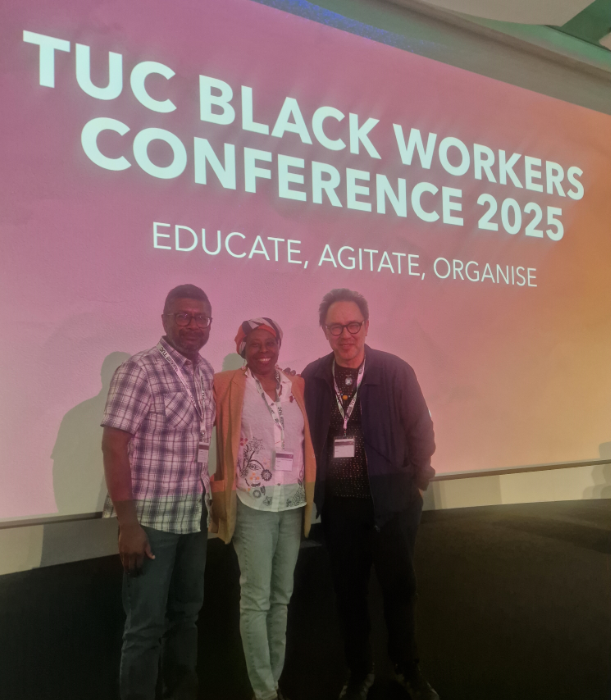Prime Minister Keir Starmer delivered a high-profile policy speech from Pinewood Studios this morning, leading to an Equity response calling for government tax relief to be linked to working terms and conditions.
In his speech, which was delivered at the Buckinghamshire-based Studios, Prime Minister Starmer celebrated the 8,000 jobs supported by Pinewood Studios and described it as “an engine of growth” and “a beacon to the world of British creative brilliance”. The iconic studios have been home to film productions including James Bond, Star Wars, Mamma Mia and a range of small screen titles.
Responding to the speech, John Barclay, Equity’s Assistant General Secretary for Recorded Media, said: “It’s great to see the British film industry being celebrated by the government this morning. Our film and TV industry can only thrive if those working in it are paid a fair wage and that needs to keep pace with the cost of living – especially given the significant government tax relief provided to companies in the industry.”
John went on to explain why tax relief should be linked to good pay and conditions, saying: “Producers benefit from millions of pounds in government – i.e. taxpayer – tax relief, and that is a good thing to stimulate this important part of the economy. In film and TV, the majority of British-made productions are filmed on an Equity contract, and that ensures minimums for pay and conditions, but our members are demanding better.”
Equity members are demanding better in negotiations that Equity is currently in with PACT – the producers alliance for UK independent film and tv producers. We are aiming to secure a groundbreaking three-year deal with significant improvements in pay and conditions for those working in the UK film and TV sector. If you have worked in this sector in the last three years, join our Film and TV Network to find out the latest and feed-in to the negotiations.
“The Wild West of video games also receives extensive government-funded tax relief,” John continued, “but the absence of union agreements for workers leaves them at the mercy of fluctuating pay, and sometimes dangerous and exploitative working conditions – poor practices essentially subsidised by the government.
“Creative industries can be a positive force on so many levels. The UK is a creative powerhouse, with so many US films, TV and streamers choosing to set up production here. Yet investment and direction to tackle the decline of UK indigenous TV would be especially welcome, as it almost uniquely gives access to working class performers and is a training ground for in front and behind camera talent.
“Only through decent pay, and secure working conditions, can we open up the industry and tackle the class, gender, and race inequalities that remain.”
Find out more about Equity’s work tackling inequality in the creative industries by joining the Equity Class Network or following to work of our equalities committees.
More on tax relief:
In October this year, the government announced tax relief of up to 53% for qualifying expenditure via the Independent Film Tax Credit.
Film and TV producers receive around 40% tax relief on UK production.
Find out more about our PACT negotiationsOur film and TV industry can only thrive if those working in it are paid a fair wage and that needs to keep pace with the cost of living – especially given the significant government tax relief provided to companies in the industry.”
John Barclay, Equity’s Assistant General Secretary for Recorded Media




